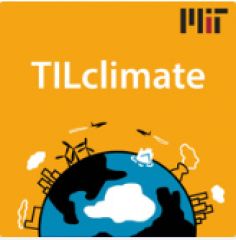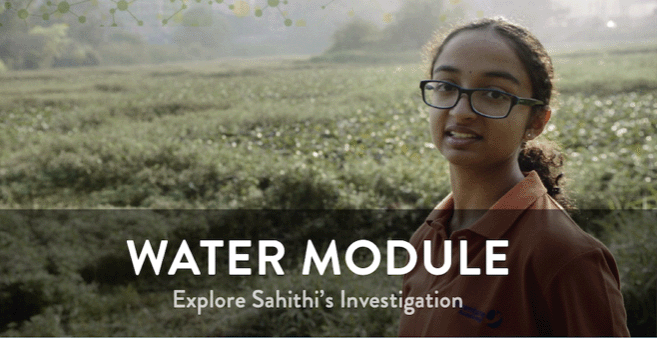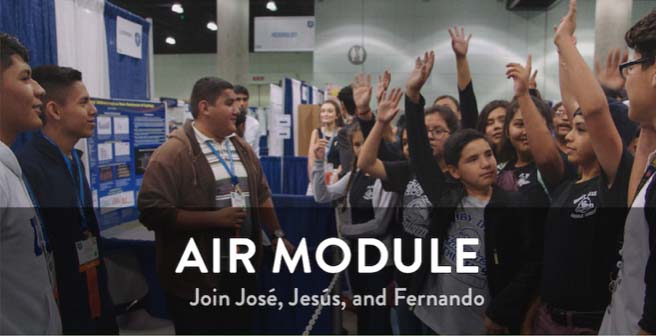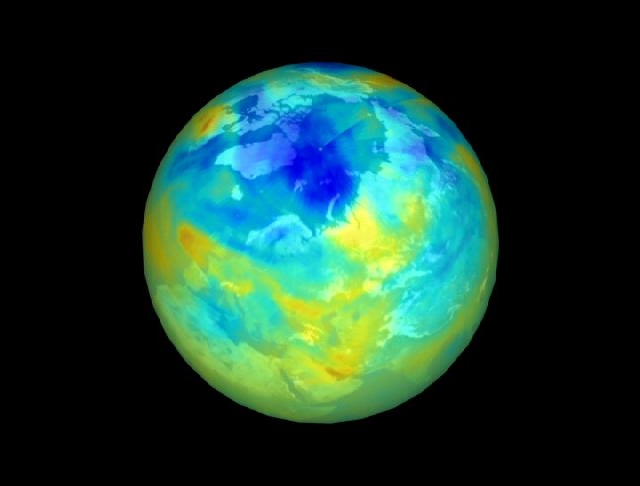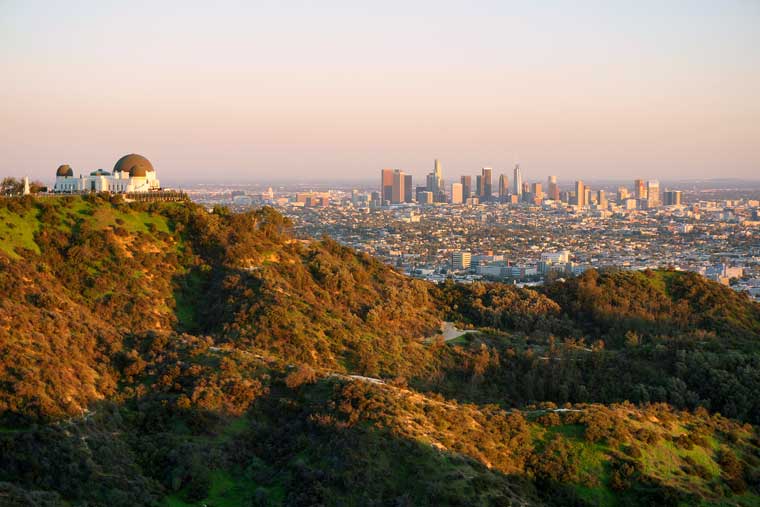Search by:
To search for teaching materials that address particular concepts in our conceptual framework, visit the teaching guide for your grade level:
K-2, 3-5 , 6-8, 9-12, or College
Found 6 resources:
Climate Models and Uncertainty
Grade Level(s):
- 9-12
Source:
- MIT Climate Portal
Resource type:
- classroom activity
Discipline:
- Earth science
Time: up to 2 hours
Overview
Earth's climate system is enormously complex, and scientists develop climate models to understand how climate change will play out in different parts of the world. Students play a climate resilience game, and then explore the Intergovernmental Panel on Climate Change’s 5th Assessment Report to learn more about how climate scientists handle uncertainty in models.
Inventing Tomorrow: Water Module
Grade Level(s):
- 6-8
- 9-12
Source:
- WGBH
Resource type:
- classroom activity
Discipline:
- Earth science
Time: 10-12 class periods
Overview
This module uses a film about student Sahithi Pingali, who investigates water quality in her hometown in Bangalore, as a jumping off point for students to expand their understanding of eutrophication and the process of science.
Inventing tomorrow: Air Module
Grade Level(s):
- 6-8
- 9-12
Source:
- WGBH
Resource type:
- classroom activity
Discipline:
- Earth science
Time: 10-12 class periods
Overview
This module (on the right) uses a film about students José, Jesús, and Fernando, who investigate smog in their town in Mexico, as a jumping off point for students to expand their understanding of air pollution, global warming, and the process of science.
What do you think it means to be human?
Grade Level(s):
- 9-12
- College
Source:
- Smithsonian National Museum of Natural History
Resource type:
- classroom activity
Discipline:
- Life Science
Time: 50 minutes
Overview
This first lesson of the "What does it mean to be human?" sequence sets a scientific frame of mind for students as they begin to explore the question, "What do you think it means to be human?" This lesson sets an important tone by highlighting that other lines of human inquiry outside of science are important for answering this question on a personal level, but the class will focus on a scientific definition of "humanity." Students learn to distinguish questions that could be addressed by the methods of science and those that could not, and they practice applying these criteria.
Ozone depletion: Uncovering the hidden hazard of hairspray
Grade Level(s):
- College
Source:
- UC Museum of Paleontology
Resource type:
- Science Story
Discipline:
- Earth science
- Physical Sciences
Time: 2 hours
Overview
Follow a group of scientists from around the world as they work together to understand - and then help fix - a problem that threatens the future of the planet: a hole in the ozone layer. Get tips for using science stories in class.
Predicting insects’ response to climate change
Grade Level(s):
- 9-12
- College
Source:
- UC Museum of Paleontology
Resource type:
- Science Story
Discipline:
- Life Science
Time: 5 min
Overview
This Science Short illustrates the practical applications of scientific knowledge in the context of research about fossil insects. Get tips on using Science Stories in class.

